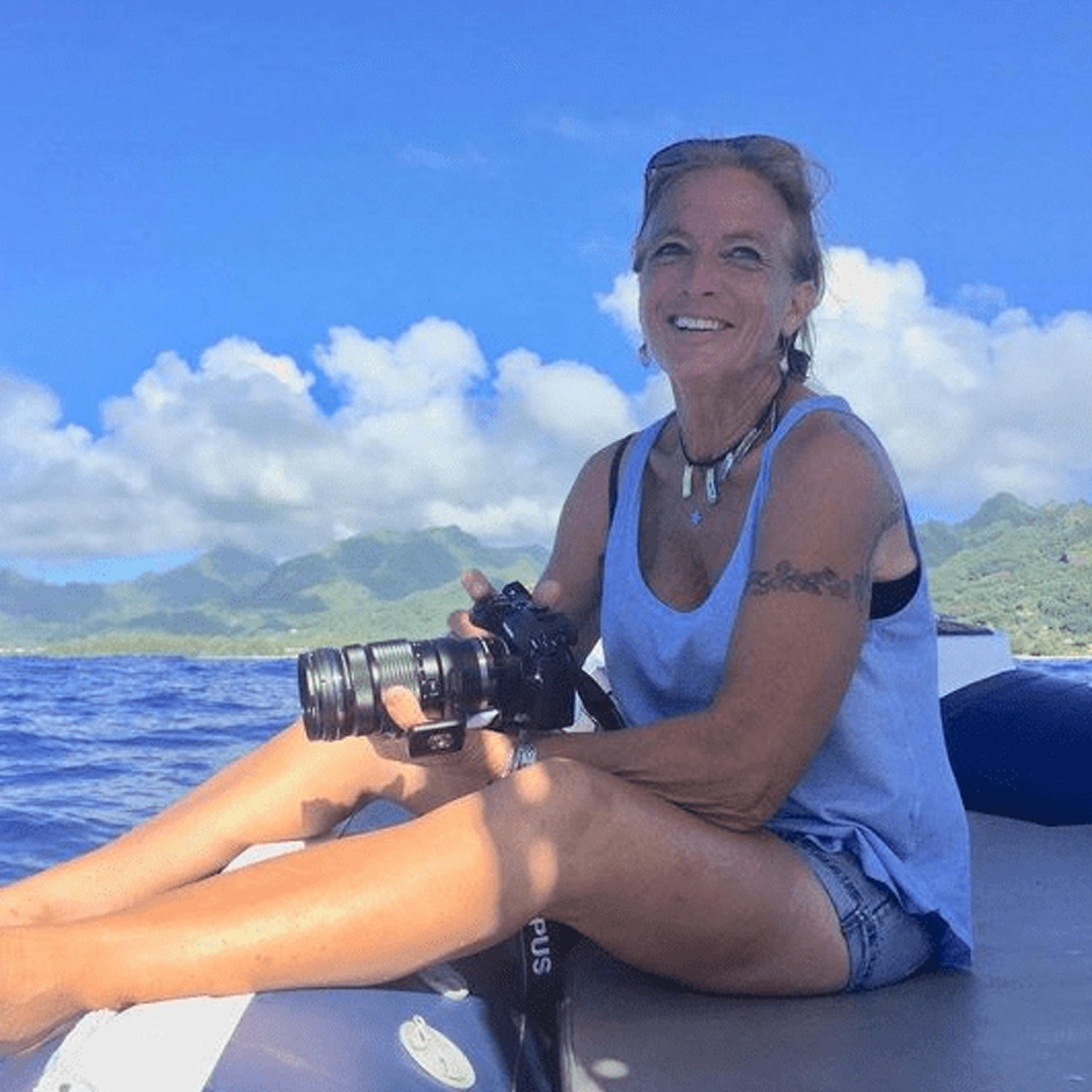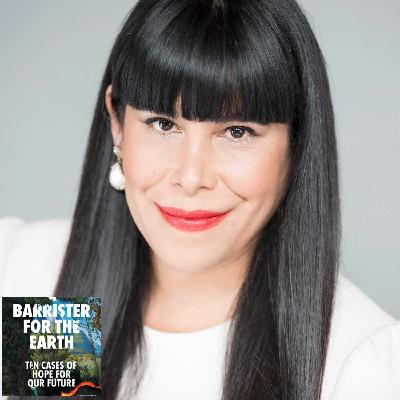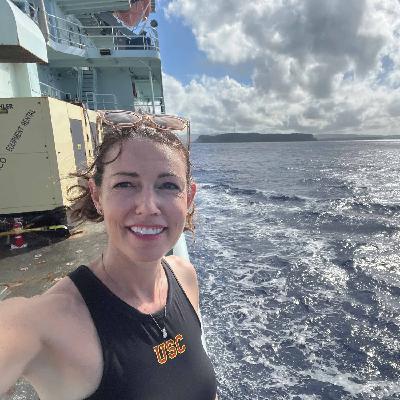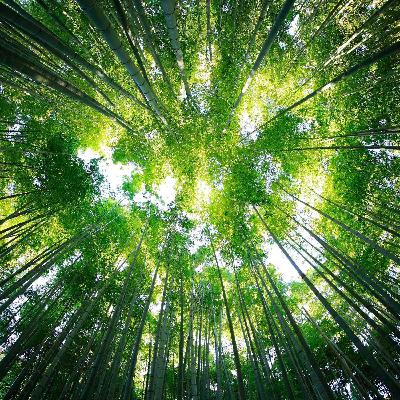NAN HAUSER - Whale Researcher - President, Center for Cetacean Research & Conservation - Director, Cook Islands Whale Research
Description
Nan Hauser is the President and Director of the Center for Cetacean Research & Conservation and the Director and Principal Investigator of Cook Islands Whale Research. Currently she's in the field studying the migration of the Southern Humpback Whale population that is currently passing through the Cook Islands, where she resides on the main island of Rarotonga. Her research includes population identity and abundance, acoustics, genetics stable isotopes behavior, and the navigation of cetaceans.
"I don't think a lot of people realize how absolutely important whales are, and not just because they're beautiful and they make people happy, but whales carry nutrients from the depths they feed back to the surface. And there's this liquidy plume of fecal matter, and it's called the whale pump. And they bring all these nutrients upward with their tails by swimming up and down the water column, it's like an upward biological pump. And there's an incredible amount of nitrogen that's released in these plumes. And we get this great soup of nutrients. We get more from this nitrogen than all the rivers combined. And in the past, we recognized microbes and plankton and fish and that they recycled nutrients in the ocean, yet whales and other marine mammals have largely been overlooked and that's too bad because they are bioengineers. They help the climate so much because of all this creates more plankton by circulating the nutrients and fertilizing the phytoplankton with their poo. For instance, sperm whales alone in the Southern Ocean help sequester over 19 million trees worth of carbon. They are bioengineers of their ecosystems and our ecosystems too. They promote the growth of phytoplankton, which absorbs carbon. So, if we just leave them alone, that could be an incredible solution for us to help with the mess we've made. And there's also the whole thing about the whale fall. When a whale dies and the crabs and the worms and the clams and everything start to eat it, the whale carcass itself transports about 190,000 tons of carbon. That's what is produced by about 80,000 cars every year. So when you think about saving the whales, you're thinking about saving the planet and people, whether it's your family or your grandchildren or your great-grandchildren or whatever.
This is a really big issue for me because I have nine grandchildren, and I worry about what we are leaving them because we are leaving them a big mess. We need to think beyond immediate results and consider the next steps and the consequences. And I think we tend to forget to do that because otherwise, they're going to get stuck with it."
https://whaleresearch.org
https://whaleresearch.org/saved-by-a-whale
www.creativeprocess.info
www.oneplanetpodcast.org
IG www.instagram.com/creativeprocesspodcast
























